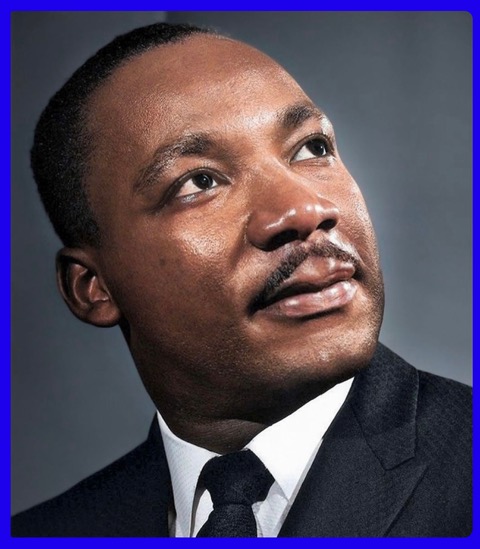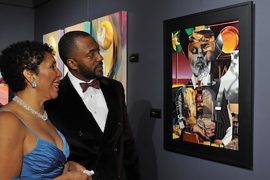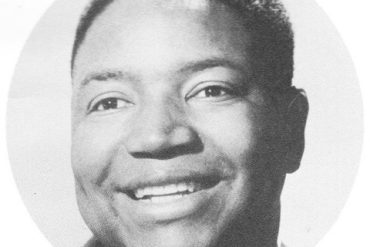“You can kill the dreamer, but you can’t kill the dream.”
“Our lives begin to end the day we become silent about things that matter.”
Martin Luther King Jr.
The legacy of Martin Luther King Jr. lives on to this day, more than fifty years after his assassination in 1968. His pioneering work for civil and social rights helped spark a global movement for racial justice and human dignity, one that is still being felt worldwide today.
Since King’s death, there has been significant progress toward achieving his goals. We can site the progress of equality in America with the advent of the two-term presidency of Barack Obama. We applaud. We can cite the new Senator of Georgia, Pastor Raphael Warnock, who is also the pastor of King’s church, Ebenezer Baptist Church in Atlanta, GA. But we can also note the presidency of Donald Trump, who looks to the ways of yesteryear as his principle of government. We can also look at the Republican challenge to democracy, the democracy that King also challenged. We see the rise of racism and anti-Semitism. We see technology inventing artificial intelligence and leaving the human touch behind. We witness the banning of Black history being taught in schools. We know the threat to democracy in American politics.
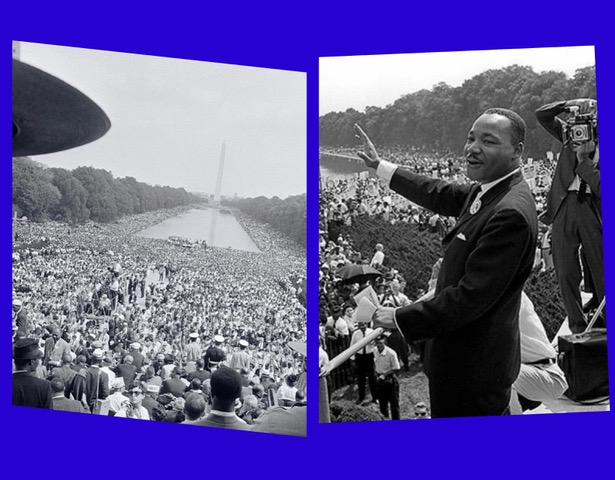
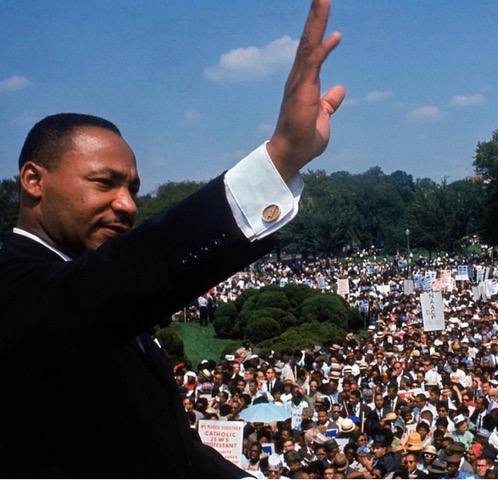
King would be proud of the global awareness and advances made by the George Floyd massacre. People of all stripes marched worldwide, pointing out injustices, racism, police brutality, and other social abuse. But where did the dream go? The dream, in the first place, was based on a nightmare. King’s speech on that day in Washington, August 28, 1963, was his most famous speech. Over 200,000 people from all over America joined as King’s leadership was branded with this “I Have A Dream” speech. But King was not a dreamer. He was a realist. He was a supreme activist. His philosophy of action was steeped in Christianity. He studied the movement of India led by Gandhi. He saw it as a model for America’s social justice. He challenged the constitution of the United States.
The King movement stepped into the Baptist religion. It was the hallmark of his leadership. He trained and offered his movement to young people. The young people of today, who talk about the older generation, need to be reminded that King was a young person dead at the age of 39. He did not witness middle age. It’s important to remember the obstacles he faced and the courage he showed in pushing for social justice in the face of extreme opposition. His live, his living is also necessary to reflect on the progress made since his death and examine the underlying causes of racism and inequality that still exist in our society.
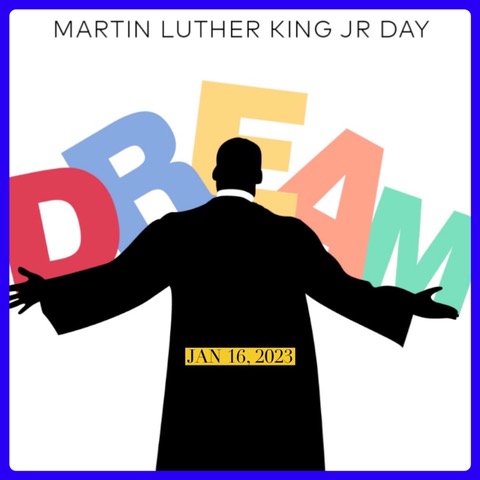
The Martin Luther King Jr. Day observance serves as a reminder of what he accomplished and what we can do to continue his legacy. The whole of America still requires us to educate ourselves about social issues, develop meaningful relationships with those who are different, work towards creating a more equitable world, and advocate for marginalized voices. Through these efforts, King’s voice lives, not his dream. It is essential to note King’s reality. Unfortunately, we see a new political developing in America, which is really anti-King.
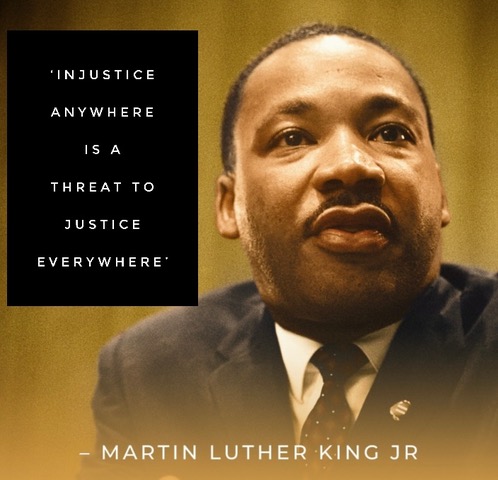
King’s powerful words echo throughout history: “Injustice anywhere is a threat to justice everywhere.” We owe it to him and those who have followed in his footsteps to continue the fight for equality and social justice until it is fully realized.
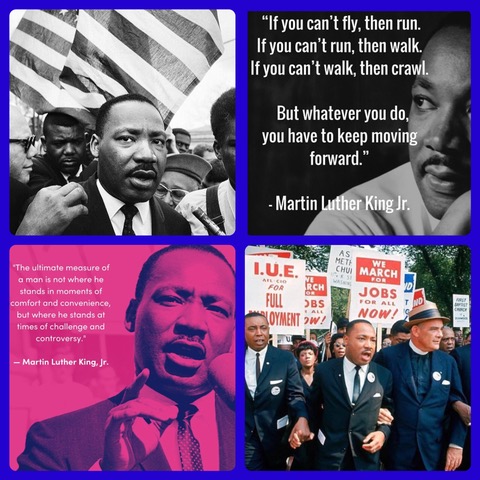
Martin Luther King Jr.’s impact on the world has been tremendous, but there is still much work to be done before we can say his dream has been fulfilled. We must push ourselves to remain engaged in the cause of uplifting our fellow humans—and remember that it was his courage, passion, and determination that opened up so many possibilities for progress in the pursuit of equality. As we recall King, it is more important to remember his voice and reality than his dream.


